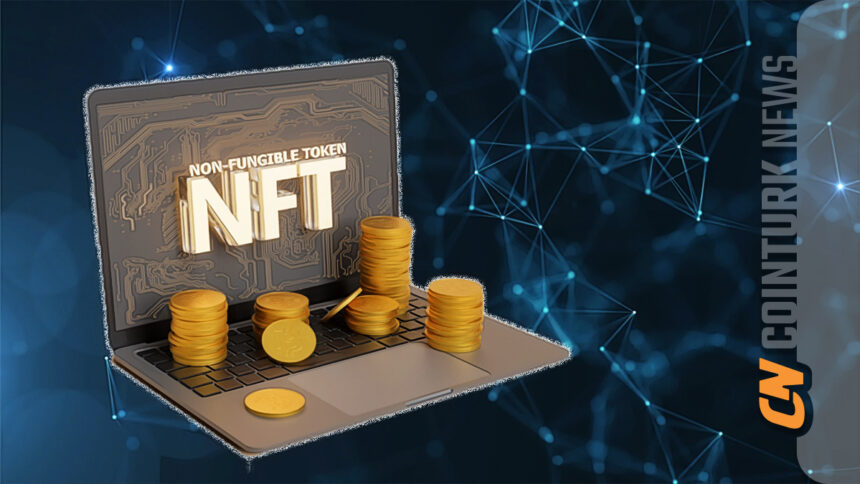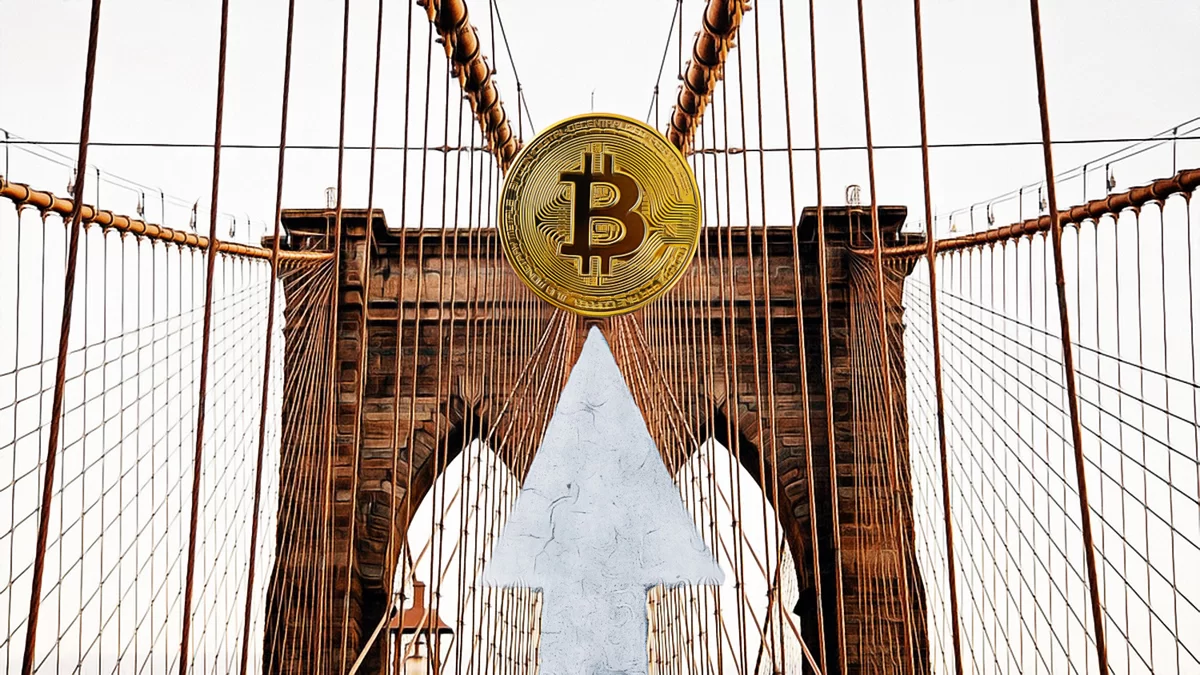Cristiano Ronaldo, despite efforts to bring him to court in the United States, revealed surprises for NFT owners. On January 25th, the cryptocurrency exchange Binance released a video of Ronaldo playing football with several fans and NFT owners. Alongside Binance supporter Khaby Lame and Croatian footballer Maria Marković, Ronaldo trained with NFT owners and gave them tips to improve their game.
Ronaldo and the NFT Industry
The football star signed a very long-term NFT partnership in 2022 and presented his first NFT collection with Binance to his fans. The deal involves creating a series of NFT collections with Ronaldo and offering NFT owners special interaction opportunities with the sports icon.

In a press statement at the time, Ronaldo mentioned the importance of his relationship with fans and expressed his desire to be part of offering unprecedented experiences and access through NFT collections.
In 2023, the footballer continued to promote his NFT collection with Binance, even undergoing a lie detector test when releasing his second collection in collaboration with the exchange. At that time, Ronaldo admitted to being an NFT owner, and the lie detector confirmed the athlete was telling the truth.
What’s Happening in the Legal Proceedings?
While some crypto investors enjoy Ronaldo’s relationship with Web3, others believe that the football star’s involvement with Binance’s NFT space encourages investment in unregistered securities on the exchange. Users filed a class-action lawsuit against Ronaldo on November 27th in a U.S. district court in Florida, alleging that Ronaldo actively participated in the offering and sale of unregistered securities in coordination with Binance.
Despite the lawsuit, Binance users faced difficulties in locating Ronaldo, whose address in Saudi Arabia was kept confidential, and in taking steps against the footballer. The plaintiffs submitted a petition on January 16th requesting the use of different tactics, including sending notifications via email, social media platform X, and website publication, arguing that this step is in accordance with international agreements.









